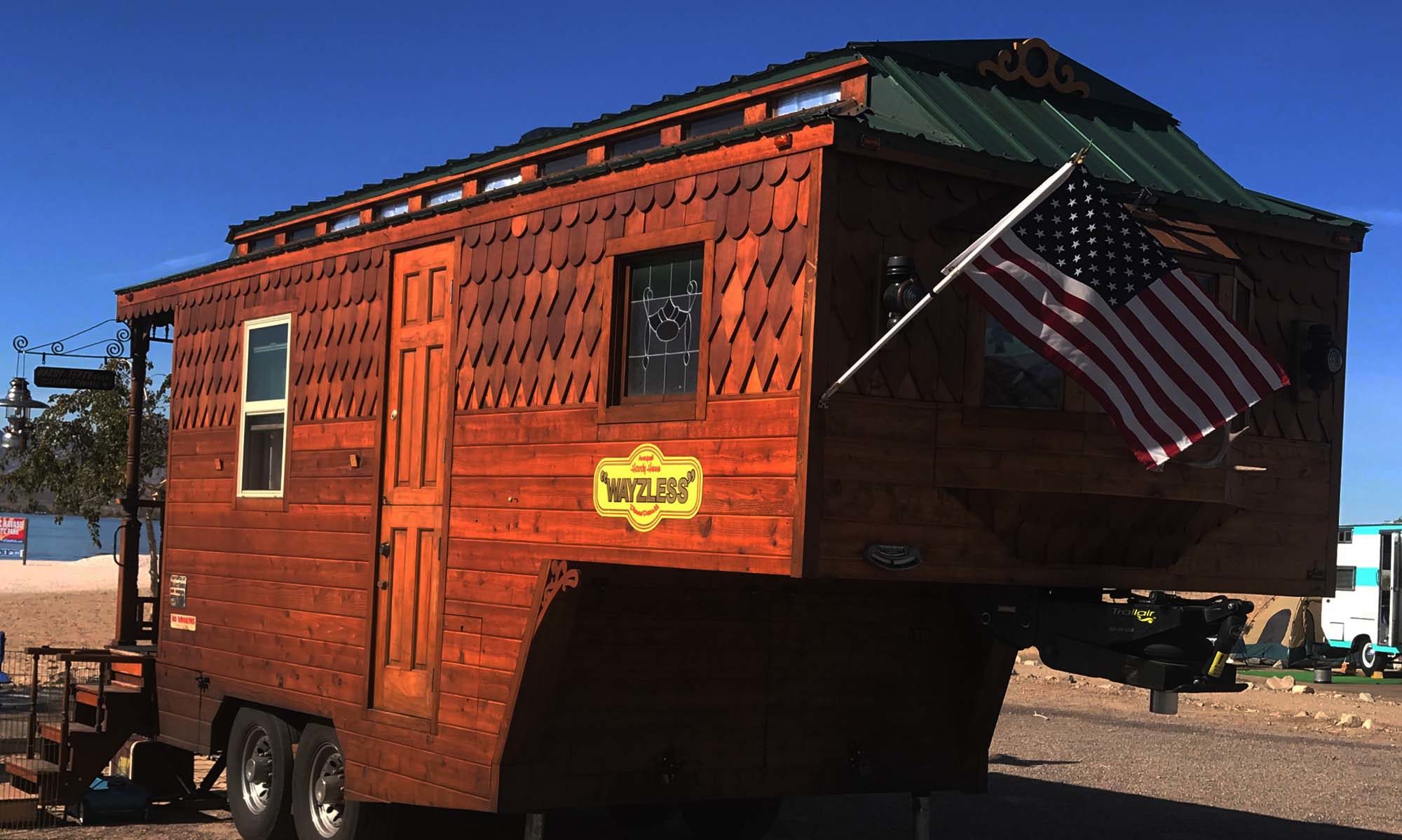Wow, is this subject ever a quagmire! A subject that might be the most controversial when it comes to a Cargo Conversion Trailer.
It is hard to pin anything down from another persons recommendation or experience. Mostly because coverage and how it is understood varies from State to State, and Insurance Company to Insurance Company. Some of these factors are also affected by DMV laws and title legalities. Even the understanding between an insurance agent/company and yourself the trailer owner.
Often people insure cargo trailers, or believe they are insured. Traveling down the road, or even while in storage, covered with only a false sense of security. Owners are shocked when they approach their insurance agent at a time of loss or damage to find out then they do not have what they assumed they had.
There is actual insurance. The type for damage, theft, loss and liability to someone else or someone else’s property you may be responsible for.
Secondly there is roadside assistance, towing, etc. in the case of a breakdown that is not covered by your standard insurance. Getting one of these trailers hauled somewhere, should it be disabled, can be expensive.
First do not assume your trailer is covered under your tow vehicle policy. There is some real muddy water here to look through. Some policies may cover your liability (other persons damage/loss that is your fault) only when/if your trailer is connected to your insured tow vehicle. I would NOT depend on this coverage at all.
In this case it will not cover any loss or damage to your trailer. Connected or not.
In this case, should your trailer be disconnected from the tow vehicle, neither you or other people/property are covered for damage or loss. This could have serious repercussion for you financially. .i.e. your trailer is in storage and catches fire and burns up a neighboring $100K RV parked next to you. You would be on the hook for that loss and damages. A similar situation might play out when the trailer is parked at a campground and you un-hook or drive the tow vehicle away.
Also should your trailer be stolen from storage or a campground, you would have no recourse and incur a total loss.
There is a whole debate over the title too. Most of us DIYers are building on a trailer that is titled as “Cargo” or perhaps “Utility”. Most do not go through the legal change and inspections to have the title changed to a valid Recreational Vehicle. In some states that may be nearly impossible, if not impossible…. if your aren’t a commercial trailer company, But that possibility is certainly something to pursue if you can.
That title designation impacts Insurance Coverage, Payouts during loss or damage, etc. In most cases if you don’t get a specialized policy, the coverage will only pay out on the trailer itself, at depreciated values. Not paying you anything on your build or contents.
Some people write us and state they have negotiated a policy that has an assigned replacement value. But again you better know exactly what you are getting and how deprecated values factor into any payout of loss or damage. Also your ideal of % of loss value, if the time arises, may vary vastly from the insurance company policy that they will have all in writing. Again some are only holding a piece of false sense of security.
As an example some think they will be paid the policy value of $12000.00. But that might only be a limit. Will the insurance company say…Oh this trailer is now 5 years old. The depreciated value is now $6000. Your rig is damaged 50% so we are going to pay you $3000 and total the rig. You might have way more than that in your build and labor.
Not an argument, facts that apply to all, or debate. Just a warning to truly know the fine print of anything you purchase as insurance.
The title with “Cargo” or “Utility” designation also prevents you from getting Roadside Assistance policies from some of the big companies like “Good Sams”. We have tried. If you are honest with them they will flat out tell you they will not cover a “Cargo” Trailer. (At least not as of the time of this article in 2019). If you somehow are paying on such a policy, you better investigate this so you don’t have a shock when you need it.
Bear in mind also that the majority of DIYers are not licensed professionals in the trades associated with doing a conversion. Electrical, Batteries/Chargers, Plumbing, Heating, Solar, LP gas lines. All huge liability concerns. Especially if someone files a lawsuit against you for loss or damage.
Some Conversions have components most houses do not have. Things like 110VAC to 12VDC Converter Chargers, and Inverters. Issues of LP gas and the like.
Often DIYers are using products & appliances that are not approved to be used by the RV industry. Electrical safety & Space heaters are on the top of that list.
Most legit Commercially built rigs and technicians have to meet RVDA/RVIA certifications and standards. Including safety requirements concerning components and appliances.
You may be able to afford a total loss of your own property, or injury to yourself or your own loved ones. But any time you are out and about, or set up around other campers, or hooked to campground park power, even in storage. You are responsible and liable for their damages and loss should your build catch on fire, cause park power electrical issues, etc.
The main point of all of this is to draw attention to the fact you need valid insurance and the proper coverage for you. Then to fully understand what any agent or company has sold you. They will certainly take your money. But will they take care of you when needed?
![]()
